All Stories
-
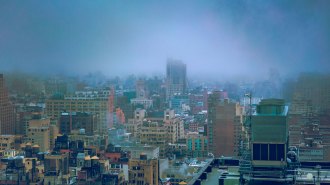 Health & Medicine
Health & MedicineHere’s how air pollution may trigger lung cancer
Exposure to air pollution may trigger DNA mutations that cause lung cancer in nonsmokers.
By Meghan Rosen -

A summer of escalating existential threats
Editor in Chief Nancy Shute reflects on the renewed specter of nuclear conflict to record-breaking heat driven by human-caused climate change.
By Nancy Shute -

-
 Health & Medicine
Health & MedicineU.S. FDA may nix black box warning on some menopause estrogen treatments
Experts worry the warning on vaginal estrogen menopause treatments is doing more harm than good and is not supported by science.
-
 Humans
HumansA child’s biological sex may not always be a random 50-50 chance
Some people’s biology may set them up to birth babies of a certain sex, explaining why a family with multiple children may have all girls or all boys.
By Jake Buehler -
 Health & Medicine
Health & Medicine‘Rehab’ exposes the dark underside of U.S. drug treatment centers
In Rehab, journalist Shoshana Walter investigates the systemic pitfalls of drug treatment programs, which prevent people’s recovery from addiction.
By Meghan Rosen -

Math puzzle: Can you meet me at the mall?
Solve the math puzzle from our August 2025 issue, which takes you back to the time before cell phones.
-
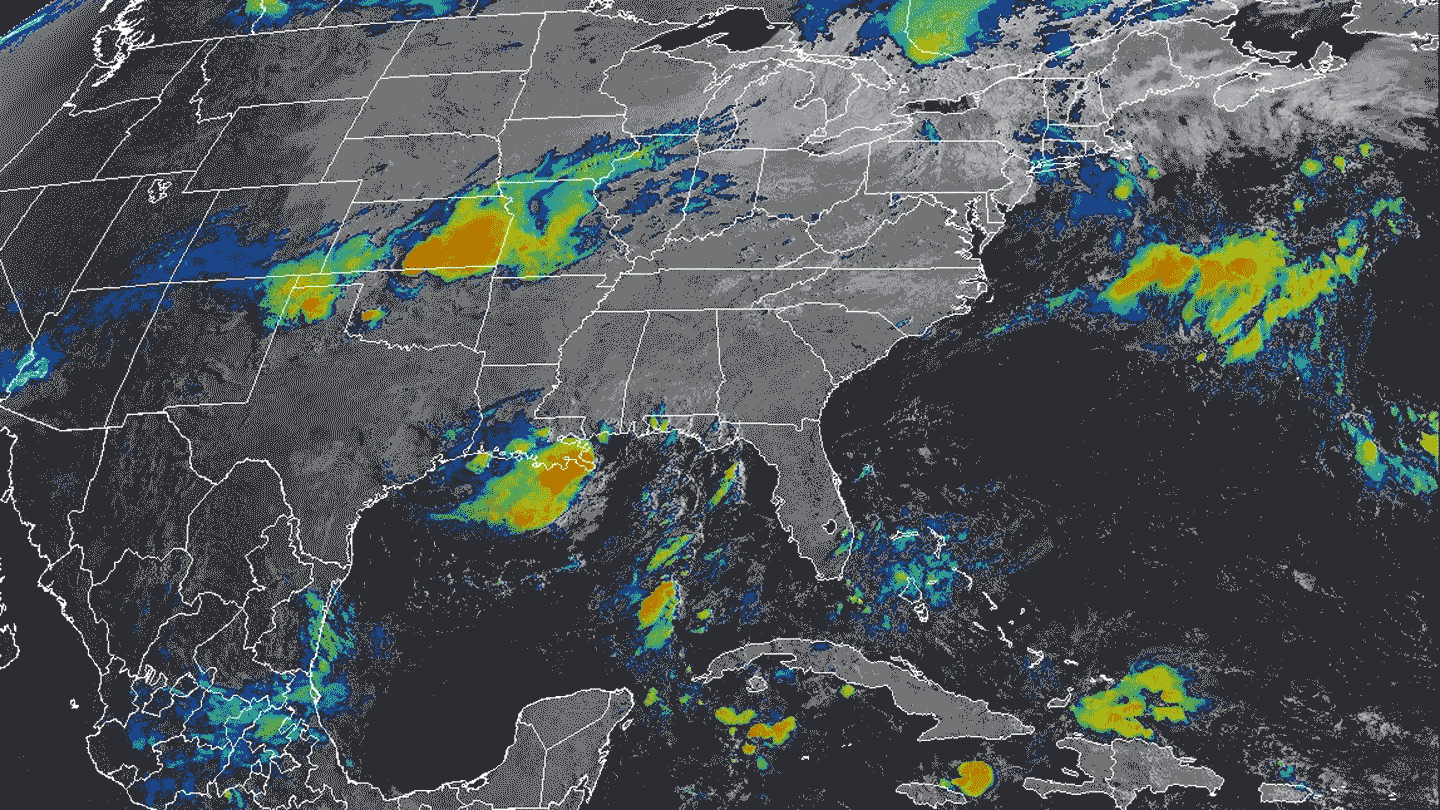 Climate
ClimateWhat to know about the extreme U.S. flooding — and ways to stay safe
An oceanographer explains how climate change, warming oceans and a souped-up atmosphere are creating conditions for deadly floods.
-
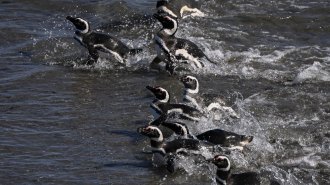 Animals
AnimalsSome penguins save energy by riding ocean currents
When navigating home, Magellanic penguins alternate between heading straight back in calm waters and swimming with the flow in strong ocean currents.
-
 Animals
AnimalsA dog’s taste for TV may depend on its temperament
Anxious dogs might react nervously to some television sounds, a survey of dog owners reports, while hyper ones might try to play chase.
-
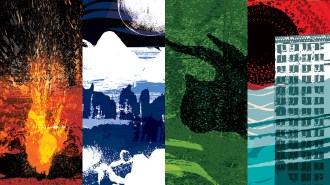 Earth
EarthHow hot can Earth get? Our planet’s climate history holds clues
Earth has survived huge temperature swings over eons of climate change. Humans might not be so lucky.
By Elise Cutts -
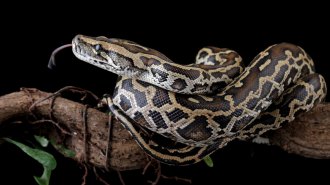 Animals
AnimalsA newly discovered cell helps pythons poop out the bones of their prey
The cells helps the snakes absorb the bones of their prey — and might show up in other animals that chomp their meals whole.